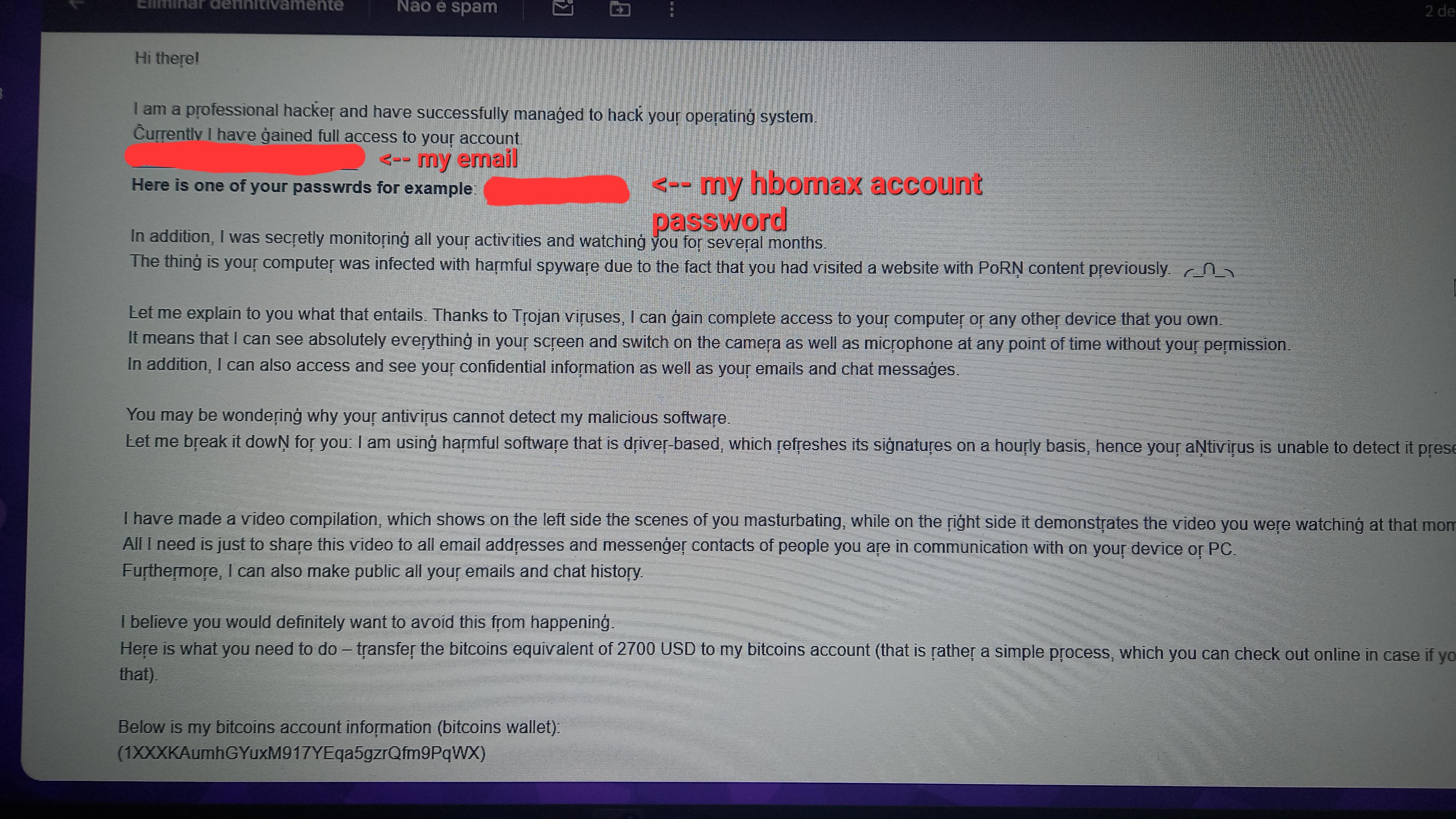Understanding the Hitman Scam
The "hitman scam," also known as an assassination scam or contract killing scam, is a form of extortion. Scammers send threatening messages, typically via email or text, claiming they have been hired to kill the recipient. The goal is to frighten the victim into paying a sum of money to call off the supposed hit.
How the Scam Unfolds
The typical modus operandi involves several steps:
- Initial Contact: The victim receives an unsolicited message. This message often contains grammatical errors and vague threats.
- The "Proof": Scammers may claim to have personal information about the victim to make the threat seem more credible, though this information is often publicly available or easily guessed.
- The Demand: A specific amount of money is demanded, often in cryptocurrency or via wire transfer, to "cancel the contract" or reveal the identity of the person who supposedly hired them.
- Urgency and Secrecy: The scammer will insist on immediate payment and warn the victim against contacting the police, claiming this will endanger them further.
Red Flags of a Hitman Scam
Recognizing these scams is crucial. Key indicators include:

- Poor Grammar and Spelling: Messages are often riddled with errors, uncharacteristic of a professional operation.
- Vague Threats: Lack of specific details about the supposed "client" or the "hit."
- Generic Information: The "personal information" used is often easily obtainable online or very general.
- Unusual Payment Methods: Demands for payment in Bitcoin, gift cards, or other untraceable methods are common.
- Pressure Tactics: Creating a sense of extreme urgency and fear to prevent rational thought.
- Instructions Not to Contact Authorities: A clear sign of a scam, as legitimate threats would unlikely discourage police involvement in this manner.
What to Do If You Receive a Threat
If you receive such a message, it's important to stay calm and take appropriate action:
- Do Not Respond: Engaging with the scammer can confirm your contact details are active and may lead to further harassment.
- Do Not Pay: Paying the ransom will not guarantee your safety and will likely result in further demands. It also funds criminal activity.
- Preserve Evidence: Keep a copy of the message (e.g., screenshot, email printout) including any sender details and headers.
- Report to Authorities: Contact your local police or relevant law enforcement agency immediately. Provide them with all the evidence you have collected. They are equipped to handle such threats and determine their credibility.
- Enhance Security: Review your online privacy settings, strengthen passwords, and be cautious about the personal information you share publicly.
Conclusion
Hitman scams prey on fear and intimidation. Understanding their tactics and knowing how to respond are the best defenses. Always report such threats to the authorities and never give in to the demands of scammers. Your safety and security are paramount.









